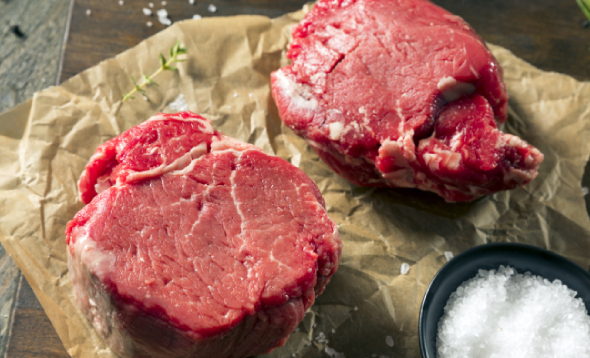That organic living is a conscious health choice
Grain Fed? Grass Fed? What do I choose?
Grass or grain fed? Angus or Waygu? These may be the common questions asked when it comes to buying meat. But the more pertinent but rarely addressed issue is how the animal live on a day-to-day basis?
Animal welfare issues are on the rise. Activists are using Social Media to expose shocking truths about animal welfare; celebrities are also taking to the stage and saying enough is enough to animal cruelty.
In an ideal world, all farmed animals should receive humane treatment. Which is the practise of certified organic farmers, they manage their organic production systems employing open grass pastures, weaning of calves and rotation of cattle. These practices ensure a certain quality of life for the animal. Certified organic production improves soil fertility, manages weeds and diseases, and is less stressful for the animal and is free from synthetic nasties.
Did you know that certified organic cattle also receive certified organic fodder? Certified organic farming respects the animals by providing an environment that meets its natural needs. The animal is neither treated with antibiotics nor hormonal growth promotants and the farmer must choose a breed selection to suit the location’s climate.
By contrast, when it comes to other production standards like ‘grain fed’, the cattle are in feedlots. This could mean that the animals spend 120 days – or 10 to 15 per cent – of their lifespan in this condition prior to slaughter. Consequently, the cattle are fed from troughs, the earth below their hoof is bare dirt, and they are confined in steel gates with green grass and trees a distance away. The animals are fed mostly non-organic grain and fodder, which means traces of synthetic chemical residues and GMO are all alerts for the ‘grain fed’ animals. Then there are the antibiotics used to manage disease control.
Depending on the specification required by the buyer, grass fed (non-organic) raised animals will roam on pastures potentially grown with synthetic chemicals, potential antibiotics and hormonal growth promotants.
A feature of buying certified organic meat is that it’s your guarantee the cattle has not been dipped (bath designed to immerse livestock in liquid pesticide or other treatment), the grass isn’t sprayed with toxic synthetic chemicals and the grass seed isn’t GMO.
Another compelling reason to buy certified organic? The Centres for Disease Control and Preventions recently shared that in the United States alone, over 23,000 people died due to antibiotic-resistant infections per year. Purchasing non-organic meat means the cattle is at a higher risk of having been treated with antibiotics. This all adds up in your daily diet and is a cofounding factor in creating antibiotic-resistance in humans.
Just like humans, animals receive antibiotics to fight bacterial infection. So it makes sense that if you eat non-organic meat you’re adding levels of antibiotics into your daily food intake. The only way to limit this risk is by eating certified organic.
At SuperNature, we care about the value we put in food. Choose to buy meat that’s free from antibiotics, hormones, synthetic chemicals and is non-GMO. You can also consciously consume a product that has received maximum exposure to daylight, green organic pasture, fresh air, and absolutely no live exports. Support it.


























_1672804154.jpg)

_1611290459.jpg)